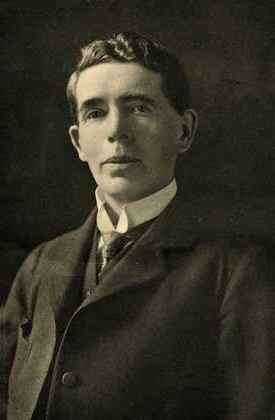“But what assurance have we that they will not come up against impassable barriers?”
Introduction<!-- pp. 3-4 -->
The Idea of Progress: An Inquiry Into Its Origin and Growth (1921)
Контексте: Science has been advancing without interruption during the last three of four hundred years; every new discovery has led to new problems and new methods of solution, and opened up new fields for exploration. Hitherto men of science have not been compelled to halt, they have always found ways to advance further. But what assurance have we that they will not come up against impassable barriers?... Take biology or astronomy. How can we be sure that some day progress may not come to a dead pause, not because knowledge is exhausted, but because our resources for investigation are exhausted... It is an assumption, which cannot be verified, that we shall not reach a point in our knowledge of nature beyond which the human intellect is unqualified to pass.
